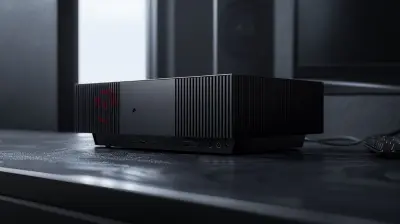How to Mentally Prepare for an Esports Tournament
26 July 2025
So, you've made it. You've put in the hours, climbed the ranks, and now you're staring down the barrel of an esports tournament. Whether it's your first time competing or you're a seasoned player looking for an edge, one thing stands true for everyone:
Mental preparation is just as important as mechanical skill.
Let’s be honest—esports competition isn’t just about aim precision or fast reflexes. If your head's not in the game, no amount of practice will carry you through. That's why mentally preparing before an esports tournament is a game-changer (pun totally intended).
In this article, we’re diving into how you can build a solid mental foundation to crush it when it matters the most. Let's get into it!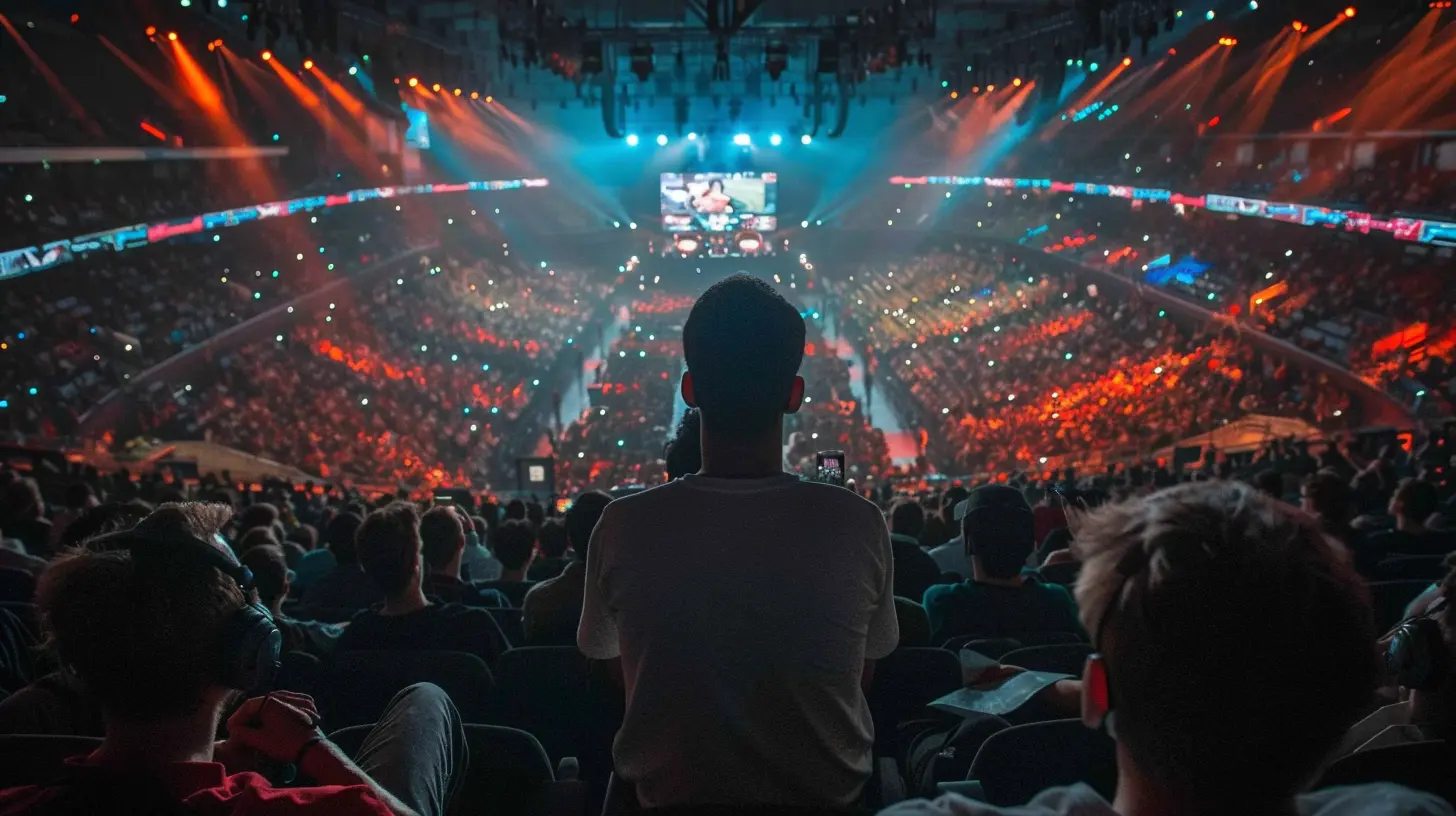
Why Mental Preparation Is a Game-Winner
Think about this: even pro players who've spent years grinding can choke under pressure. Why? Because nerves, doubt, and stress are sneaky opponents. They creep in, mess with your focus, and throw everything off.Mental preparation helps you:
- Stay calm under pressure
- Make sharp, strategic decisions
- Maintain confidence even when the odds seem against you
- Recover from mistakes mid-match
- Communicate better with your team
It can literally mean the difference between a clutch win and a devastating loss.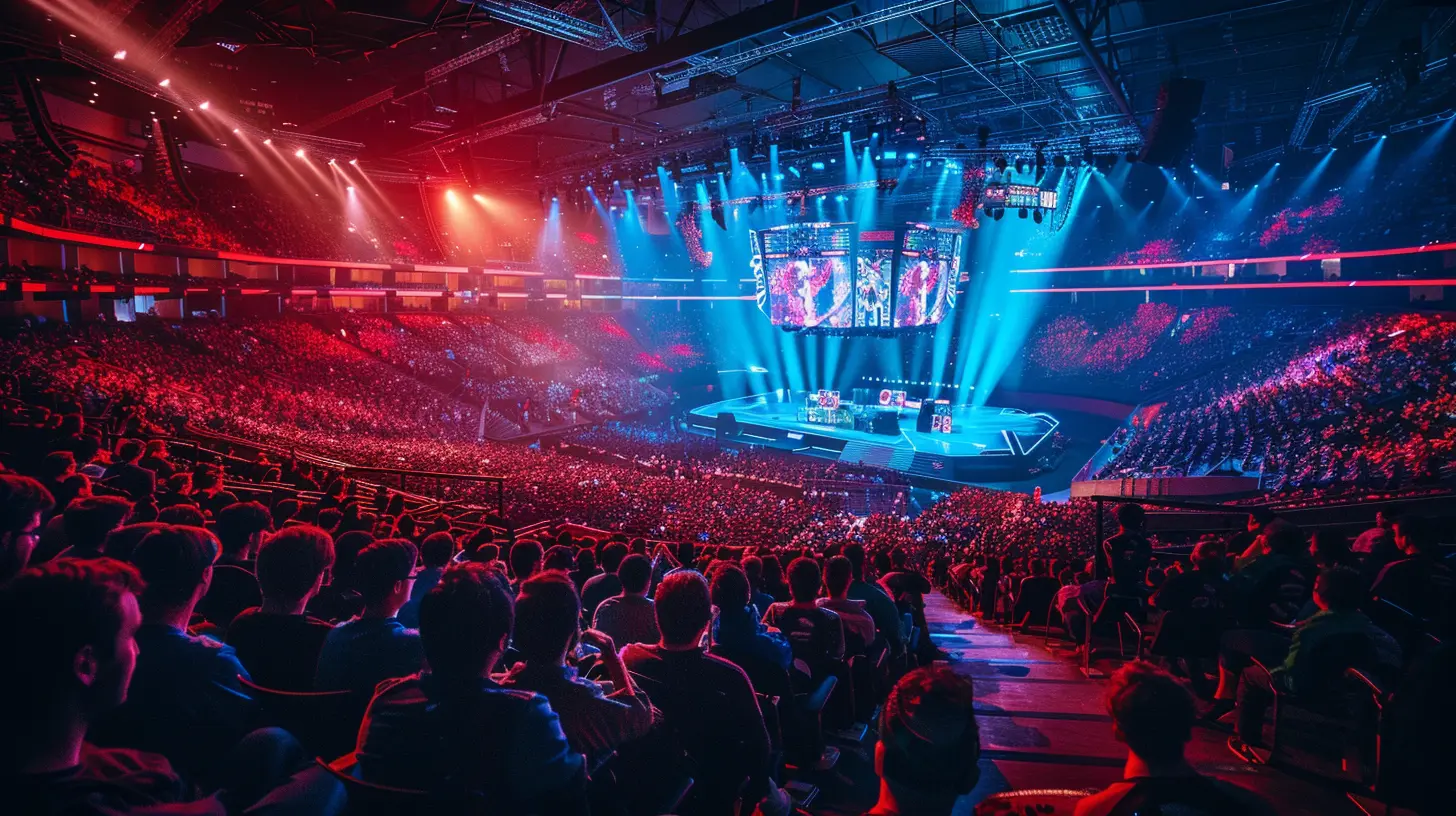
Start with the Right Mindset
It’s Not Just Skill—It’s Mental Strength
Tournaments are high-stakes environments. There’s noise, spectators, time pressure, and unpredictability. You need to walk in with the mindset that you belong there. Confidence doesn’t mean arrogance—it means trusting your preparation.So how do you build that mindset? By reminding yourself that:
- You've trained for this
- You’re constantly improving
- Mistakes don’t define your worth
- Your goal is progress, not perfection
Ditch the Perfectionist Attitude
Chasing perfection is like chasing a mirage. You’ll burn yourself out trying to never make a mistake. The truth is, every player messes up—even the best pros. What separates good players from great ones is how quickly they bounce back.So, instead of aiming for perfection, aim to stay resilient.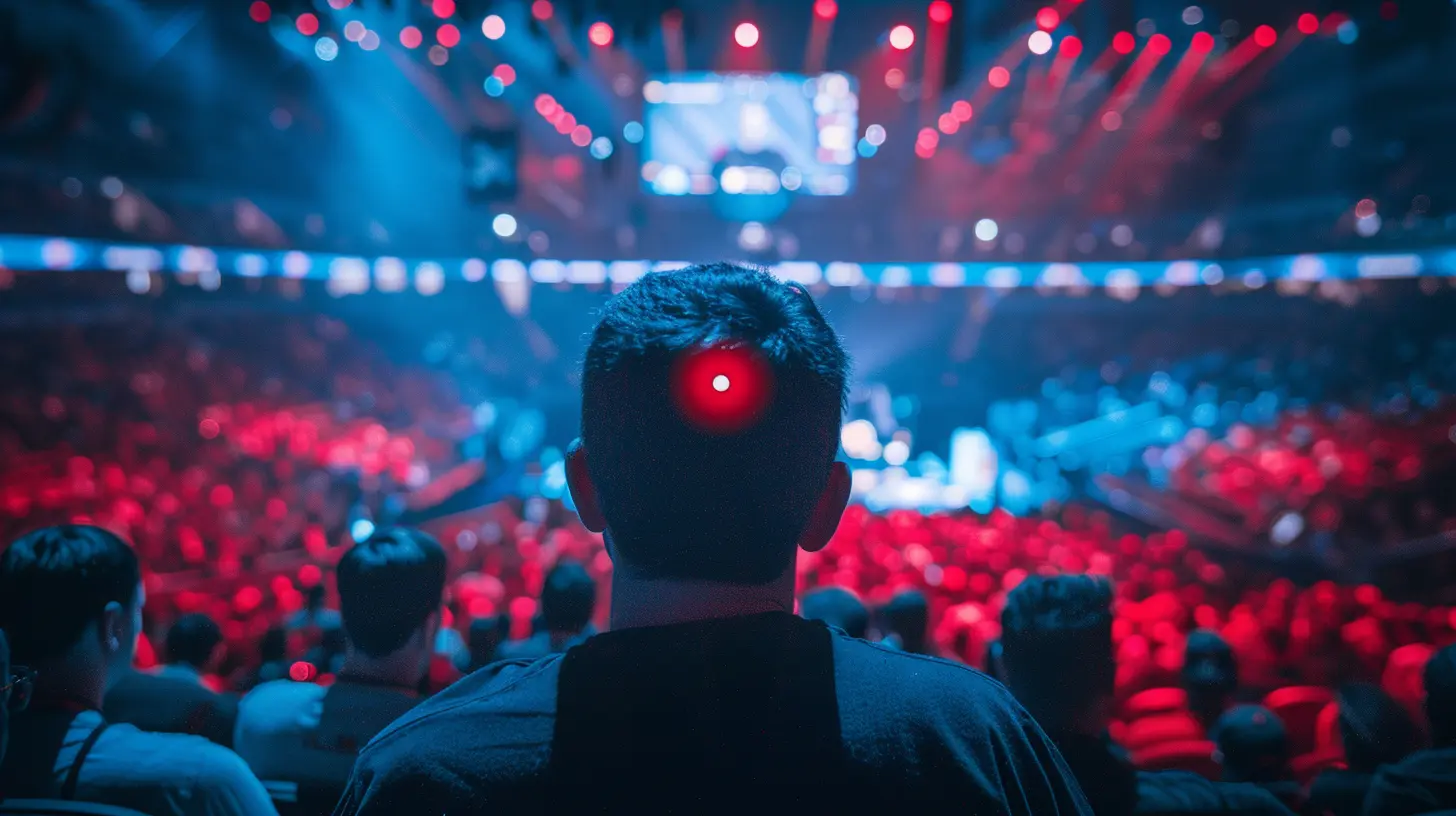
Practice Like It’s Game Day
Simulate Tournament Conditions
Ever heard of scrimming? Most pros practice in simulated match environments—same format, team setup, communication style, and pressure. Why? Because it trains both their mechanics and their mental fortitude.Here’s how you can do that:
- Play custom scrims with your team
- Stick to tournament settings (map pool, game modes, etc.)
- Practice in blocks to build stamina (yes, that’s a thing!)
- Stream your practice to simulate performance anxiety
Focus on Routine and Consistency
Don’t underestimate the power of routine. Developing a pre-game ritual helps signal your brain that it’s time to lock in. Something as simple as:- A warm-up aim routine
- A few minutes of meditation
- Jamming to a hype playlist
This can train your focus and lower anxiety before the match even starts.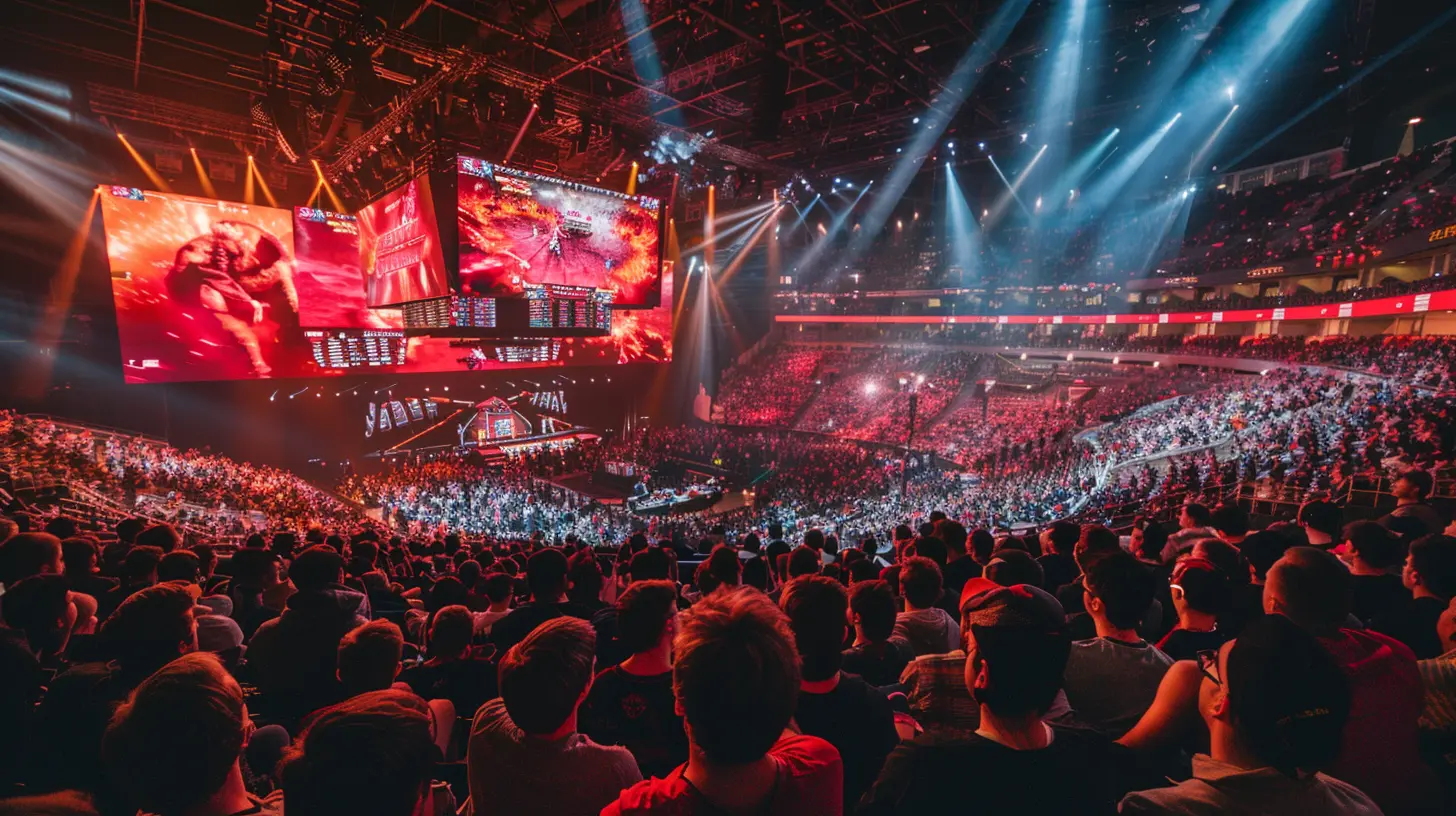
Build a Resilient Mental Game
Embrace the Pressure
Here’s the truth: pressure isn’t your enemy. It’s your body’s way of saying, “Hey, something important is happening.” Adrenaline can actually boost your performance—if you channel it the right way.Instead of fighting nerves, try saying: “This means I care.” That small mindset shift can calm your brain and boost your focus.
Control What You Can
Tournaments can be chaotic. There’ll be delays, technical issues, and unexpected plays. Rather than stressing over what’s out of your control, keep your focus on what you can manage:- Your attitude
- Your communication
- Your reaction to setbacks
The more you narrow your focus, the more control you gain.
Train Your Brain Like a Pro
Visualization Techniques
Close your eyes and imagine this: you're in the final round, it's match point, and all eyes are on you. Instead of faltering, you execute every move smoothly. You clutch the round. Your team erupts in cheers.That’s visualization—a powerful mental training trick used by athletes, Olympians, and yes, even esports legends.
Do this daily:
- Visualize successful plays
- Picture staying calm during tough moments
- Imagine reacting with precision and confidence
Your brain can’t always tell the difference between real and imagined experiences, so this strengthens your mental reflexes.
Positive Self-Talk
You know that inner voice in your head? Make sure it’s your best teammate, not your worst enemy.Replace:
- “I’m gonna mess up.”
With:
- “I know what I’m doing.”
Or:
- “I can’t compete at this level.”
With:
- “I’ve worked hard to get here.”
Positive self-talk rewires your brain to handle pressure better and recover faster after mistakes.
Manage Pre-Tournament Stress
Get Your Sleep Game On Point
Gaming until 4 AM the night before a tourney? Huge mistake. Your brain needs rest to perform at its best.Sleep affects:
- Reaction time
- Focus and decision-making
- Mood and emotional control
Start getting 7–9 hours of sleep consistently in the week leading up to the event. Trust me, your future self will thank you.
Balance Practice and Breaks
Burnout is real. Grinding 12 hours a day without breaks will fry your mental circuits. Instead, go for quality over quantity. Two hours of focused, intentional practice beats six hours of mindless queuing.Use breaks to:
- Stretch
- Eat something healthy
- Hydrate (your brain loves water)
- Chill with non-gaming activities
Your mind needs space to digest and recover from intense sessions.
Focus on Team Synergy
Communicate Under Pressure
Esports isn’t a solo game (unless it’s a 1v1—but even then, team dynamics apply in practice and coaching). Teams that communicate well under stress often outperform teams with better raw skill.Practice:
- Clear callouts
- Staying calm even when things go south
- Encouraging teammates after mistakes
- Avoiding tilt or blame
Be the teammate who lifts others up—not the one who rages and brings morale down.
Build Trust and Chemistry
Trust is the glue of any great team. When you trust your squad, you don’t second-guess plays, and you're free to make bold decisions.Spend time bonding off the screen too. Play other games together. Do Discord movie nights. Share memes. It all helps build that unspoken connection that shines during tight matches.
Day of the Tournament: Lock and Load
Stick to Your Routine
Don’t start experimenting with a new warm-up just hours before the event. Go with what you know. You want familiarity, not surprises.If you’ve got a pre-game meal, music playlist, or focus trick—use it. Stick to the script.
Stay in the Moment
One of the biggest mental slips players make is looking too far ahead or replaying past mistakes in their minds. That’s wasted energy.Adopt a one-round-at-a-time focus:
- Lost a round? Shake it off.
- Nailed a clutch? Reset and focus.
Your mind should always be centered on the next play, not the last one.
Embrace the Experience (Win or Lose)
Not every tournament ends in victory. And guess what? That’s okay.Every L is a lesson, not a failure. Part of mental preparation is accepting that improvement is a journey. If you gave it your all, learned something, and showed up for your team, you’ve already won in more ways than one.
Final Thoughts
At the end of the day, esports success isn’t just about clicking heads faster. It’s about being mentally unshakable. The players who prepare their minds like they prepare their aim are the ones who rise above the chaos and perform when it counts.So before your next tournament, take time to get your head in the game. Breathe, believe, and bring the best version of yourself every round. You got this!
all images in this post were generated using AI tools
Category:
Competitive GamingAuthor:

Leif Coleman
Discussion
rate this article
2 comments
Knox McNeil
Great tips! Mental prep is just as important as skills!
January 13, 2026 at 4:41 AM
Starla Ortiz
Mental preparation for an esports tournament transcends mere practice; it's a holistic approach that intertwines focus, resilience, and self-awareness. Cultivating a positive mindset, embracing the challenges, and learning from failures not only enhances performance but also fosters personal growth, ultimately redefining what it means to compete at the highest level.
August 4, 2025 at 4:10 AM

Leif Coleman
Absolutely! Mental preparation is key in esports, as it blends focus, resilience, and self-awareness. Embracing challenges and learning from setbacks not only boosts performance but also contributes to personal growth.

